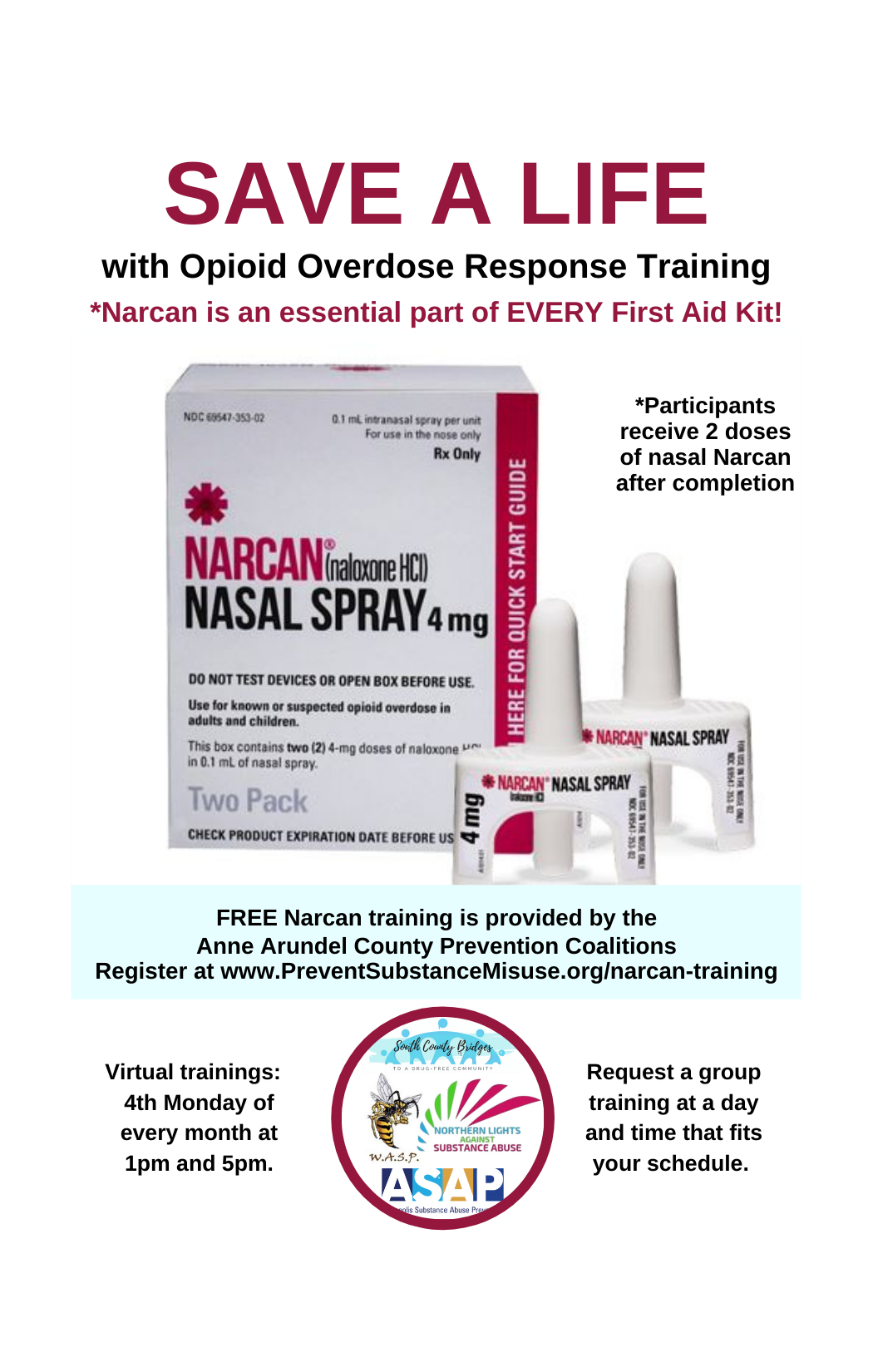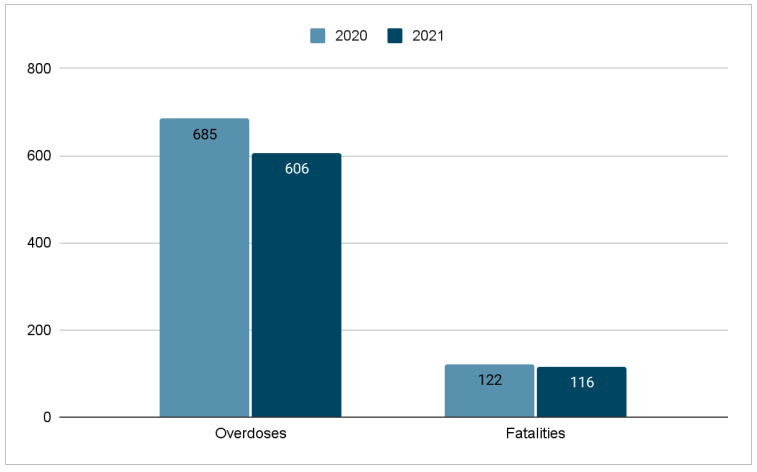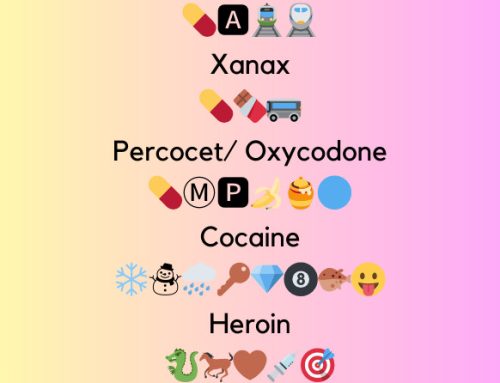
During the first eight months of 2021, there have been 606 total opioid overdoses in Anne Arundel County. 116 overdoses resulted in death. The most common substance contributing to opioid overdose or death is Fentanyl. Although overdoses and overdose fatalities have declined county-wide since 2020, every single overdose and every death is tragic.

Unfortunately, a stigma exists for individuals with Substance Use Disorder (SUD). SUD is one of many chronic medical conditions that is often influenced by lifestyle choices. However, many people view those suffering from SUD with negative attitudes, labeling them with undesirable characteristics such as lacking self-control, thereby blaming the individuals for their condition. Even in the medical community, patients suffering from addiction are treated in separate facilities from those with other chronic diseases.
An overdose occurs when too much of a drug is taken and the body’s systems are overwhelmed. In the case of an opioid overdose, the respiratory system is affected causing the person’s breathing to slow down or stop. Giving naloxone, also known as Narcan, to the victim reverses the effect of the opioid, temporarily restoring breathing until medical help arrives. You do not need to be a medical professional to give naloxone if you witness someone experiencing an overdose. The medication is safe and has saved many lives.
The Substance Misuse Prevention Coalitions of Anne Arundel County offer Narcan training for free. After learning how to identify the signs of an overdose, how to administer Narcan and care for the person while awaiting emergency assistance, participants are issued a kit containing 2 doses of nasal Narcan. The more people who are trained in life-saving techniques, the fewer deaths we will suffer as a community.
To register for free, virtual Narcan training, visit www.PreventSubstanceMisuse.org/narcan-training
For more information, read the article: Barriers to Broader Use of Medications to Treat Opioid Use Disorder https://www.ncbi.nlm.nih.gov/books/NBK541389/
Opioid overdose and fatality data is updated weekly at https://www.aahealth.org/opioid-related-data/




